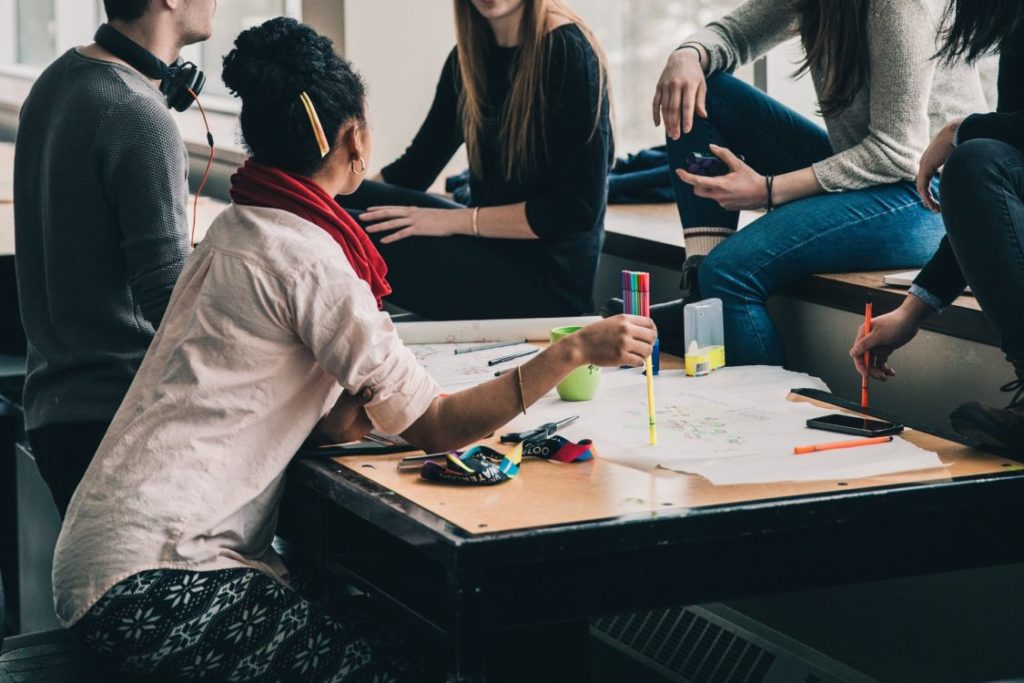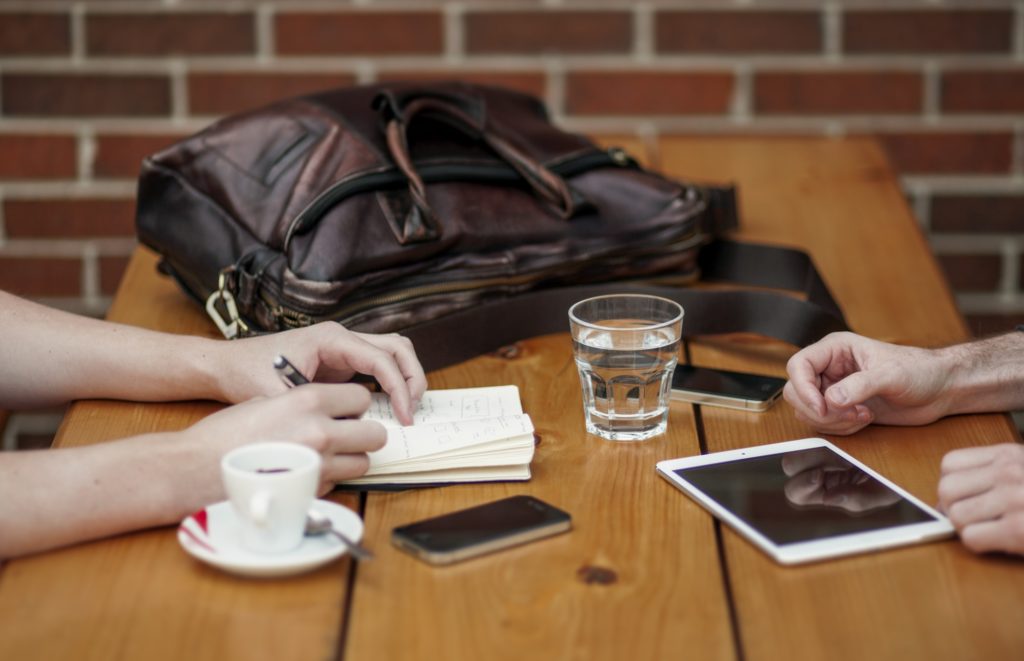After studying accounting at the University of Sydney, Cindy Yan graduated and was able to successfully find a full-time job at a Sydney law firm, working as an assistant account.
But how did she initially break into the industry? What advice would she recommend for those trying to break into the Australian workforce?
We asked Cindy to tell her story.
Giving Australia a Go
For Cindy, becoming an international student wasn’t without its initial challenges. Upon arrival in Sydney, she quickly realised that ‘real Australia’ wasn’t always like the picture-perfect postcard she’d seen portrayed in the media back home.
“To be honest, Australia was not as I had first imagined,” she said, looking back upon her first impressions of Sydney, “the Opera House wasn’t as gigantic as it appeared on TV!”
During her first few weeks in Australia, Cindy described her English fluency levels as having been “very low, almost zero”, and like many international students, experienced periods of homesickness during the settling-in period.
“At first, I struggled even to ask simple things – ‘where is the toilet?’ or ‘how much is this?’, things like that. Language can sometimes be a barrier. But as an international student, you must express yourself, otherwise no-one will understand you.”
But she was determined to give Australia a go.
“Being an international student is challenging at first, yeah, but you learn. You try harder. If you really want to communicate with people, it’s really not that hard in Australia.”
Standing Out as a Job Seeker
Within half a year, Cindy had moved out to the University of Sydney’s International House. Mixing with people from diverse backgrounds, her English skills – and confidence as an international student – rapidly improved. Before graduating, she decided to take extra steps to stand out as a job-seeker.
During her final semester, she applied for and was awarded a place in the StudyNSW-backed Global Scope Program. The opportunity thrust Cindy deep into Australian workplace culture. Mentored by business professionals, the team had to respond in real-time to real-life clients, providing solid Australian business solutions. Her role saw her and her team pitching, networking, organising meetings with shareholders, and generating, reworking and perfecting pitched solutions.
“For our project, we worked for the NSW police force, which was really cool! [We also worked with] Aboriginal people too – the experience was amazing!”
Cindy also learned that she had to be flexible, direct, honest and expressive with her opinions if she was to succeed in the fast-paced Australian workplace.
“Everyone was very open. Very direct. Engaging with people face-to-face was the most important thing.”
Being teamed with a group of students from a range of disciplines – with backgrounds in fields as varied as psychology, literature, marketing, finance, law and the arts – meant that everyone contributed unique approaches, perspectives and ideas to the project.
“I worked with a team of five from China, Italy, Fiji and Australia… As an international student I loved it, because it was very diverse,” Cindy said.
“There were also no right or wrong answers for this project, no marks. But in those three weeks, we were challenged to do as much as we could. During the project, you work to solve real-life problems in the industry, so it’s a very good first step before you go to work for other places. Even if it’s just three weeks, you’ll feel prepared – you’ll feel like you were really working in the industry.”
FINDING WORK IN AUSTRALIA
Since graduating, Cindy now works as an assistant accountant at a law firm in the bustling heart of Sydney’s Central Business District.
Her advice to job-seekers?
‘Be proactive. Try every single thing. Grab every single chance to get into any project, because it does make a big difference. In China, a lot of career paths were pre-prepared for you during university… But in Australia, the opportunity is just there, so you should prepare yourself for it!’
But what if opportunities or projects like the StudyNSW Global Scope Program are hard to locate?
‘If you can’t find some obvious opportunity, or you’re not yet qualified to get a project [like Global Scope], do some volunteering – it’s the best way. When I was free, I did volunteer work for Pink Ribbon. I made friends, and it was really fun.”
What other advice would she give to international students wanting to get a job in Australia?
“Don’t be afraid of making mistakes. I think at the beginning, I was very afraid to make mistakes. But if you are too afraid of that, you will make more mistakes,” she said, “If you don’t know something, just ask. And double-check. It’s very important to double-check.”
LIVING IN AUSTRALIA
Three years on, it’s clear that Cindy’s outlook on Australia has changed. Her eyes light up as she speaks of relaxing afternoons practicing yoga at Manly beach, of evenings tasting multicultural dishes near her home, and of the pleasantness of Sydney’s beach-going weather (“Australian weather is the best!”).
But it’s the Australian lifestyle that Cindy has grown to appreciate most.
“Yeah, I’m quite happy! I think, to be honest, when I got to Australia I was a little bit disappointed. Because it wasn’t how I expected it to be. But the longer I stayed here… like, now I can’t live without Australia! I was talking about it with other people who had stayed here for several years, like ten years, twenty years, and they feel the same feeling,” she said.
“There’s this stereotype of Australians being laid-back and lazy. But in the workplace, business is business. I see a lot of people in the industry working very hard. What I learned from volunteering and participating in programs like Global Scope gave me a great beginning when looking for a job.”
If you live in NSW and want to join a team in the StudyNSW Global Scope Program, head here to get in touch.






